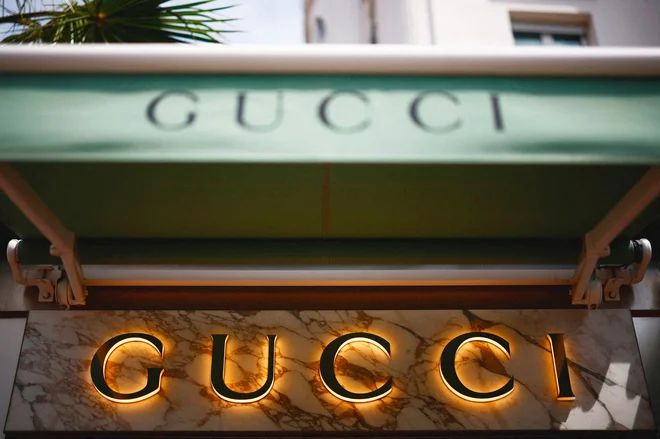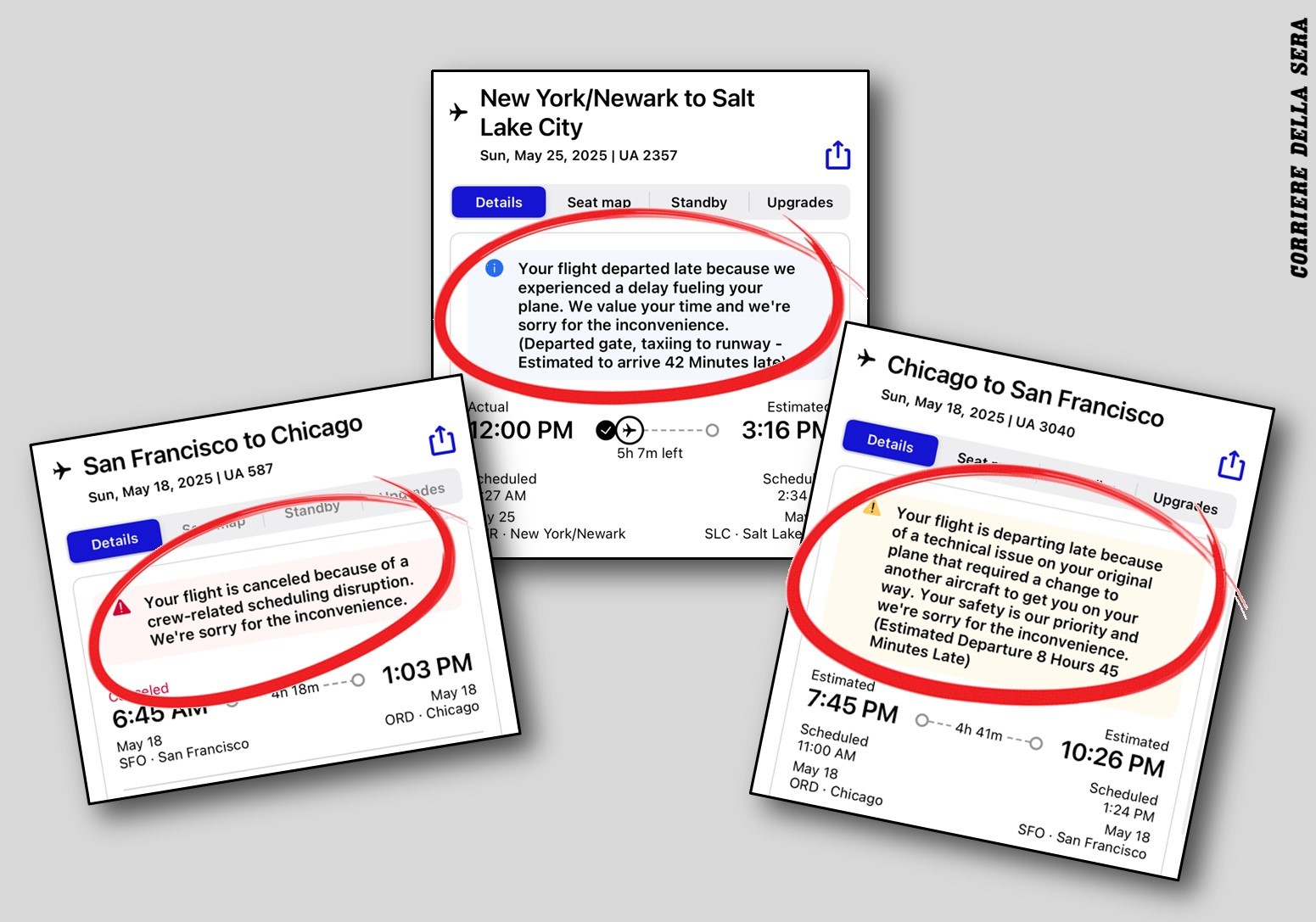More expensive Illy, at the same time, iPhones, as well as luxury

American customs duties have also caused turmoil among companies in the fashion and sports industries, as almost every piece sold in the United States will receive additional duties. After reporting Cnn Namely, they import more than 98 percent of clothing and about 99 percent of footwear. Among the names, which first spread the voice of the fall of the value of the shares – which crashed by one tenth – are Nike, Adidas and Puma sports giants.
The fall of shares was also dropped by Apple, and analysts reportedly reported Reuters It is estimated that the production costs of iPhones in China could rise by 30 to 40 percent, which could increase the most expensive models to more than $ 2000 (around $ 1800).
Although some of the most recognizable US brands, including Nike, have been diverted to other Asian countries, such as Vietnam, to escalate political tensions between Washington and Beijing from China, they have learned that they could not escape anywhere, it is after Reuters commented on a financial analyst Simeon Siegel from BMO banking groups. The key purchasing markets for sports companies are Vietnam (introduced 46 % customs rate), Cambodia (49 %), Bangladesh (37 %) and China (according to the previous 20 % customs, increase by 34 percentage points).
The fall of shares was also dropped by Apple. Analysts estimate that the production costs of iPhones in China could grow by 30 to 40 percent. Photo Michael M. Santiago/ AFP
Nike produced half of the footwear and nearly 30 percent of clothing in Vietnam last year, and Adidas made 38 percent of footwear and almost 18 percent of clothing. According to various media reports, many brands and retailers will have to choose to choose to retain prices, or to transfer them to buyers by raising prices, although uncertainty about what Trump’s customs plan will be affected by inflation, influencing US consumers. Last month, it fell to the lowest level of the pandemic.
Acquisition with higher costs
The United States is one of the world’s largest consumers of clothing and footwear, making them a very important market for US and international companies. Also, Europe, which is subject to 20 % customs, will have to prepare for the consequences-just like its most attractive luxury sector. Higher customs duties, according to some, are likely to encourage luxury giants to rely on the tested method: raise prices, as their customers do not usually hurt.
But according to the magazine Fortune The consequences of customs duties will also be considerable for this sector. European luxury brands account for at least 70 percent of the global luxury goods market, with exports of EU estimated at € 260 billion a year, which is about 10 percent of EU exports.

Luxury giants will probably rely on the tested method: raising prices, as their customers do not usually hurt. Photo: Sarah Meyssonnier/ Reuters
According to analysts, Kering could be Kering, also because it strongly opposed the relocation of production to the United States, saying that everything they do is « part of European culture » could be among the companies. Therefore, everything from Gucci’s luxury clothing to Yves Saint Laurent bags, made in Europe, is currently not manufactured in the US.
On the contrary, Kering’s biggest rival is the LVMH conglomerate, which is reported Le Monda A quarter of its sales, worth as much as 84.7 billion euros last year, generated in the US, opened the third US factory in 2019. After reporting Cnn It is one of the few with noticeable production in the US.
It is true, however, that the Bernard Arnault empire was stuck in the first 70 days of the US President, since after Trump’s inauguration, the market capitalization or value of LVMH decreased by 13 percent, and in the same period the French stock market index CAC 40 gained three percent.
Some European companies, to which higher income consumers swear, intended to raise prices even before the introduction of US customs duties. Illycaffè and Ferrari will raise prices as they expect their customers to accept cost raising. Lavazza said customs officers could accelerate plans to expand their roasters in the United States.
Giovanna CeoliniHead of Confindustrie Accessi Fashion, representing Italian companies in the industry of footwear, leather, fur and leather, noted that American customs duties have come when they are already facing higher costs, so they fear that Italian companies will slow down demand. However, it will all depend on whether Americans are willing to pay a little more for their products.








